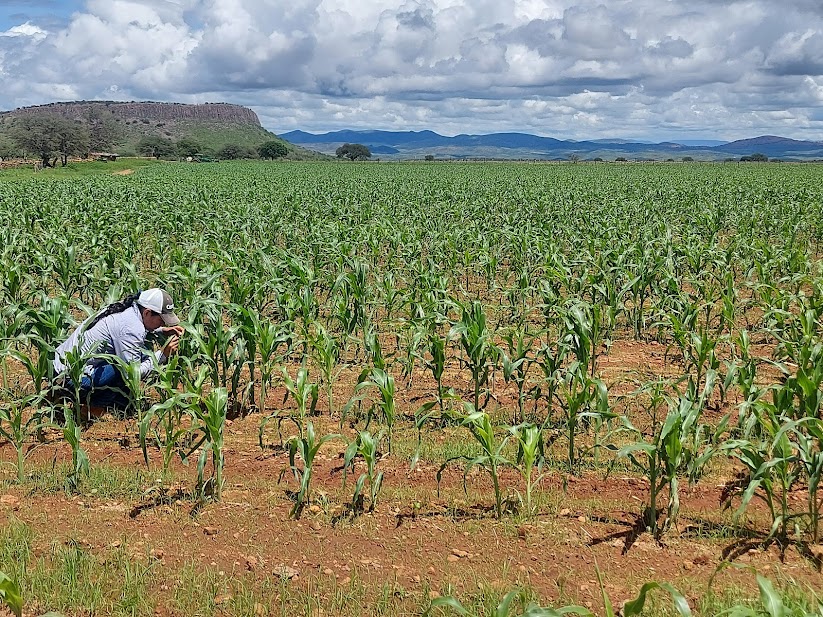The Mexican government is promoting the use of rainwater for agriculture, a technique that is underused compared to its potential benefits.
According to the Mexican Ministry of Agriculture, three-quarters of the country’s cultivated land is used for rain-fed agriculture.
This means that production depends directly on the amount and distribution of rainfall.
Therefore, crops become extremely vulnerable to climate variability and periods of drought.
Use of rainwater for agriculture
Rainwater is key to rain-fed agriculture. It nourishes crops without the need for constant irrigation.
It can be used in several ways: collection in cisterns, storage in ponds or dams, and soil infiltration systems. This provides water during periods of drought.
In a context of climate change, having rainwater helps mitigate the negative effects of drought. Producers have reserves that complement irrigation and prolong the crop cycle, ensuring more stable production. This is essential for food sovereignty.
In addition, according to the Ministry of Agriculture, the use of rainwater reduces extraction from deep wells and rivers. This reduces the overexploitation of water resources, which are already under pressure in many regions of the country.
Ongoing projects
With an investment of 130 million pesos in agreement with the Government of Hidalgo, 58 reservoirs were built to store 198,557 cubic meters of water. This benefited 3,460 family production units in 56 municipalities.
Progress was made in water collection and storage, as well as soil conservation, with Agroforestry Systems (SAF). Corn plots interspersed with fruit trees (MIAF) were implemented in the “Sembrando Vida” program, benefiting 70 production units with support from the Technical Assistance Strategy.
In addition, the Ministry of Agriculture organized the First Forum on “Water Culture.” A conference was held on “Water issues in the face of climate change and alternatives for integrated management” with 86 specialists from arid areas, the Oaxaca Institute of Nature and Society (INSO), and the Pan American University of Higher Studies.
The forum included the theoretical-practical workshop “Rainwater Harvesting Systems for Aquifer Recharge and Sustainable Agriculture,” promoting techniques applicable to producers in different regions of the country.

